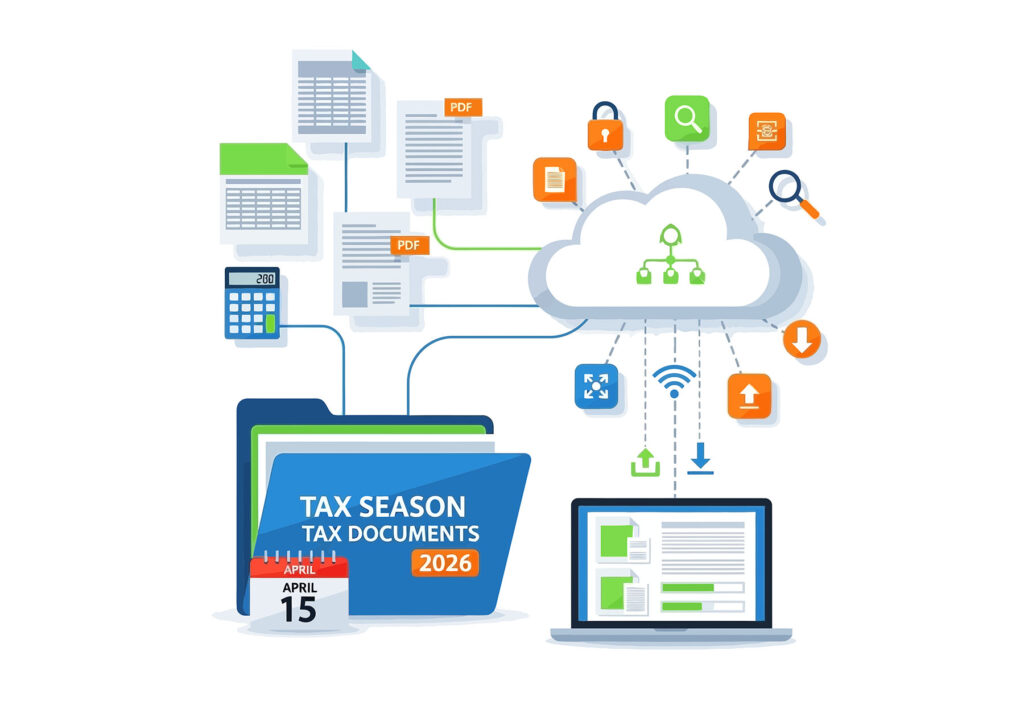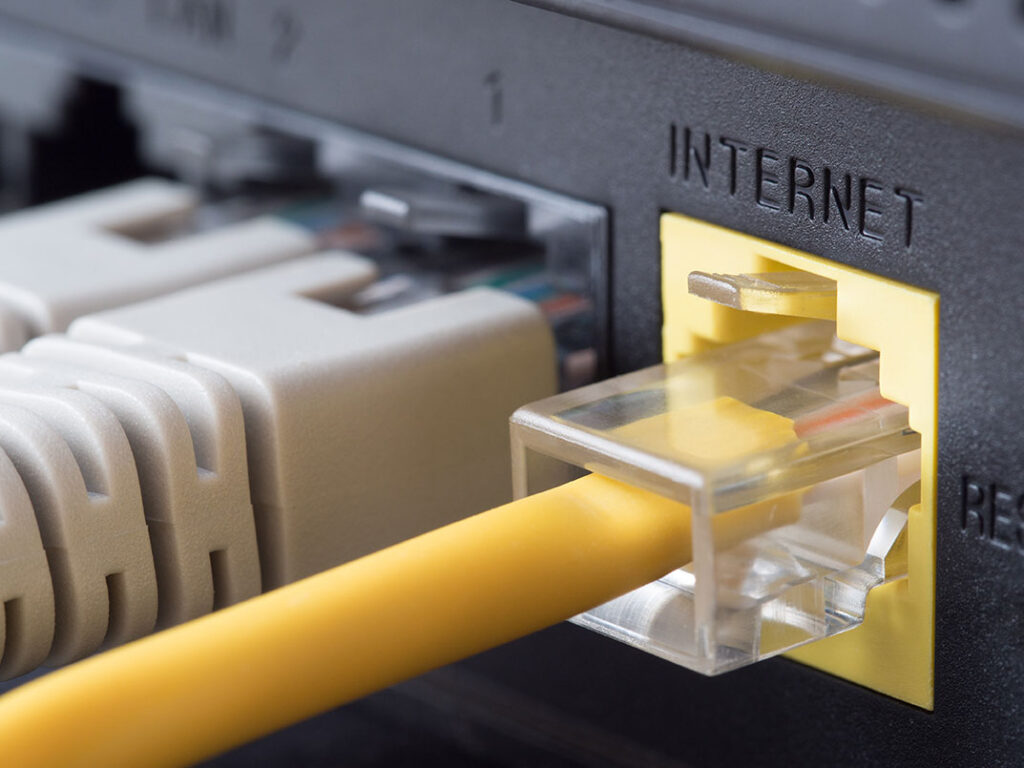You’ve probably seen the joke online: “If I die, delete my browsing history.”
It’s meant to be funny, but it’s rooted in a real and increasingly important issue.
Most of us manage major parts of our lives online, like banking, bills, photos, social media, and subscriptions. When we pass, our digital lives don’t just shut off automatically. Unlike physical belongings, digital assets can become inaccessible or even lost if we don’t plan ahead.
A digital estate plan ensures your loved ones can manage your accounts, preserve memories, or shut down services properly. Below, CITYNET shares our guide to help you consider what to include in your digital estate plan. Keep in mind that these are just tips, and you’ll want to work with an attorney or estate planner to finalize your wishes.
After you read through, download our FREE Digital Estate Planning Worksheet to get started on your digital asset documentation!
Create an Inventory
With so much of our information stored online, you’ll want to start by making a list of all of the accounts where you pay bills or that store banking or personal information:
- Passwords and login info (more on this below)
- Online banking or investment accounts (don’t forget money sharing apps like Venmo and PayPal)
- Utilities and bills paid online
- Email accounts (Gmail, Outlook, etc.)
- Social media profiles (Facebook, Instagram, X, TikTok, etc.)
- Cloud storage accounts (Google Drive, iCloud, Dropbox)
- Streaming subscriptions (Netflix, Hulu, Spotify)
- Other online subscriptions (newspapers, email lists, etc.)
- Online storefronts (eBay, Etsy, Amazon seller accounts)
- Personal domains or websites
Organize Your Passwords
If the only thing you do on this list is set up and use a password manager (like LastPass, 1Password, Bitwarden) to store your passwords to your accounts in one place, you’re starting off strong.
However, you’ll be in an even better position if you add a trusted person to your password manager as an emergency contact, if the service allows it.
Remember: Avoid writing passwords on paper or in documents named “passwords.docx” on your desktop.
Designate Legacy Contacts
A legacy contact is someone you officially designate in your apps or estate plan to manage or access your digital accounts after you pass away.
Depending on the platform, your legacy contact may be able to memorialize your social media profile, download data, or delete the account entirely. Apple allows you to add a Legacy Contact under Apple ID settings. In Facebook, you can assign a Legacy Contact to manage your profile after death. While Android doesn’t have a Legacy Contact feature like Apple, you can use Google’s Inactive Account Manager to decide what happens after inactivity.
Consider sharing your phone passcode with your designated person so that they can access your device and store or delete data per your requests.
Make a Digital Will
Work with an attorney or use reputable estate planning software to include digital assets. Make sure your estate executor knows who’s in charge of digital assets
Clearly state:
- Who can access your accounts
- What they should do with each one (close it, memorialize it, transfer it, etc.)
- Where your digital inventory is stored
- Whether you give consent for your heirs to access and manage accounts after your death, as some laws require explicit permission.
Think About What You Want to Preserve
Do you want your family to save your photos, blogs, or emails? Or should certain information and accounts (like your search history, private messages, or social profiles) be deleted?
Add your preferences about what needs to happen with your accounts and information to your plan. It’s not just about access, it’s about intention.
Make a Plan for Your Devices
Phones, laptops, tablets, and even smart TVs and smart home assistants contain sensitive data. Leave instructions for unlocking and accessing these devices with your trusted person since biometrics like Face ID and fingerprint locks can prevent access later. Include app-specific data like wallet apps, health info, or financial apps.
Legal Considerations
U.S. laws like RUFADAA (Revised Uniform Fiduciary Access to Digital Assets Act) allow estate executors to access digital content, but only with prior consent. Your will should explicitly grant access to your digital assets and specify what can and can’t be done.
Consult with an estate attorney in your state to ensure your wishes are legally binding under state and federal laws.
Update Regularly
Your digital plan should be a living, breathing document that is kept alive and up-to-date. Your accounts, passwords, and wishes will change. Review your digital estate plan regularly, at least once a year.
Make sure your Legacy Contacts are still valid and informed of changes to device and account access.
Your Digital Estate
Digital assets are just as real as physical ones and are often more personal. Protect your legacy by planning now, so your family isn’t left locked out of important accounts or priceless memories.
A connected life needs a contingency plan. At CITYNET, we believe digital security doesn’t end at your network. A digital will helps your loved ones stay informed, supported, and protected when it matters most.
Download our free Digital Estate Planning Worksheet to help you get started on this essential documentation!







